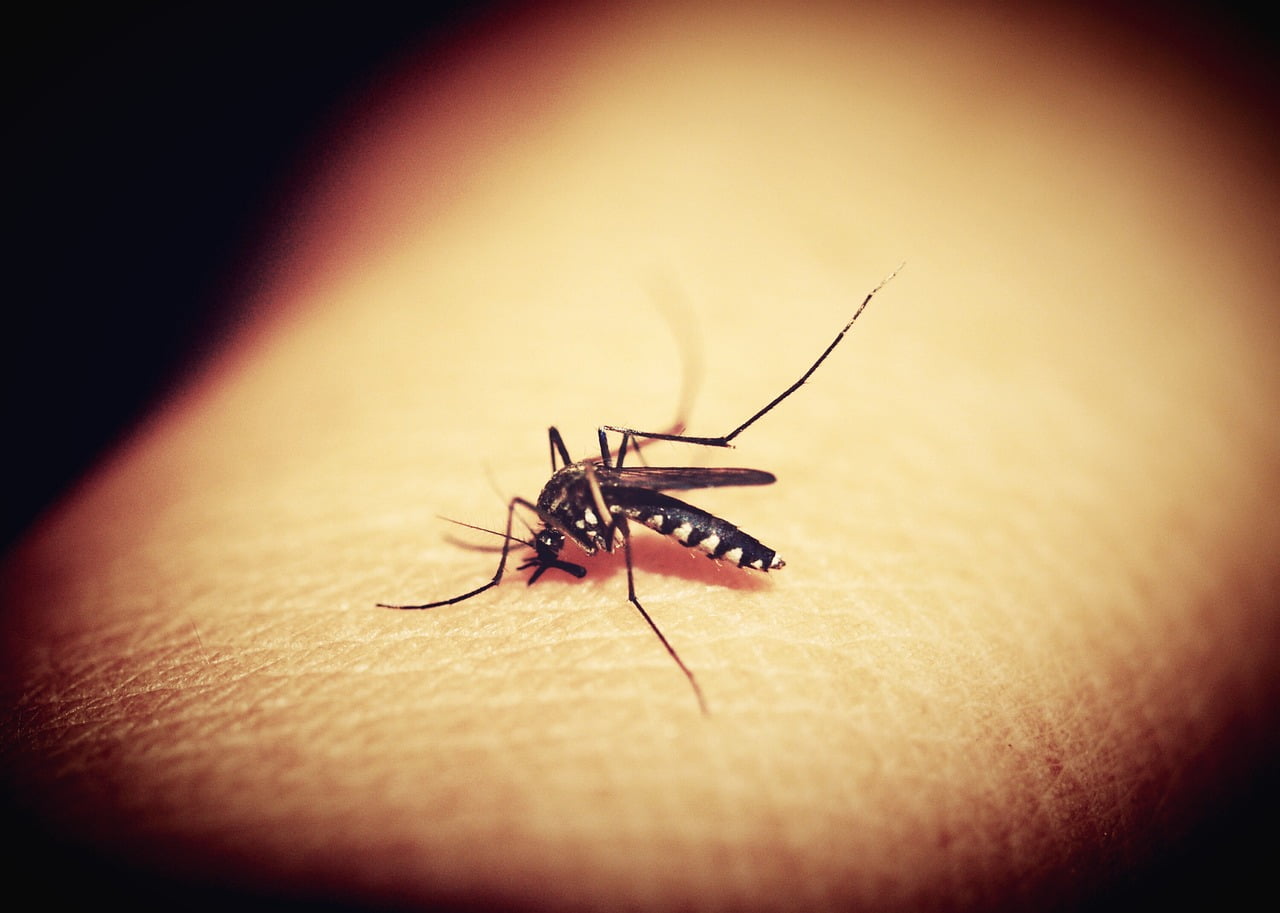
A study just published in the journal Neurology shows that if exposed to West Nile Virus (WNV) infection, individuals taking anti-CD20 disease modifying therapies (DMTs) used in treatment of MS and related neurological diseases are much more likely to develop neuroinvasive disease, such as a brain or spinal cord infection. Anti-CD20 medications include the brand names Ocrevus, Rituxan, Kesimpta, and Briumvi.
According to the Centers for Disease Control & Prevention (CDC), WNV is the leading cause of mosquito-borne disease in the continental United States. It’s most commonly spread to people by the bite of an infected mosquito. Cases of WNV diseases occur during mosquito season, which starts in the summer and continues through fall.
There are no vaccines to prevent or medications to treat WNV in people. Fortunately, most people infected with WNV do not get sick. About 1 in 5 people in the general population who are infected develop a fever and other symptoms. And about 1 out of 150 infected people in the general population develop a serious, sometimes fatal, illness.
Study Results in Patients on Anti-CD20 DMTs
In the study, researchers observed 4 cases of neuroinvasive WNV infection in their patient population of 2,009 patients with MS on Ocrevus. Odds of developing the neuroinvasive WNV infection were 258 times that of the general population exposed to West Nile Virus.
These patients had fever, headache, and confusion consistent with meningoencephalitis (infection of the brain and surrounding sack). Each of the patients experienced acute neurological issues. All four patients required use of an artificial respirator and experienced significant physical and cognitive impacts.
Additionally, in a paper published earlier this year, it was reported that the use of anti-CD20 agents likely increases risk of other mosquito- and tick-borne viral illnesses as well. This study was co-authored by Dr. Daniel Pastula, epidemiologist and neurologist with the Colorado School of Public Health.
Taking Precautions Against WNV
You can reduce your risk of West Nile Virus by using insect repellent and wearing long-sleeved shirts and long pants to prevent mosquito bites. It’s also important not to have standing water in your backyard and to take extra caution in areas where standing water is present. Mosquitoes are most active at dawn and dusk, and limiting outdoor activities during these times may also be useful.
What to Do if You Are Sick
Researchers concluded that anti-CD20 therapies may simultaneously increase the risk of developing neuroinvasive WNV disease while reducing the sensitivity of diagnostic serologic testing for West Nile virus. They recommended that direct detection approaches looking for virus in the spinal fluid and blood be used for patients on these DMTs who are presenting with WNV symptoms.
If you develop a fever, nausea, headache, weakness, or altered mental state after being exposed to mosquito bites, especially if you use one of the anti-CD20 therapies, we recommend you contact your neurologist immediately or go to the nearest emergency room. Helpful websites include:
- https://www.cdc.gov/mosquitoes/mosquito-bites/prevent-mosquito-bites.html
- https://www.cdc.gov/westnile/
- https://www.cdc.gov/westnile/vectorcontrol
For more information about the risk of neuroinvasive West Nile virus for individuals on Anti-CD20 DMTs, we will be hosting a webinar with Dr. John Corboy and Dr. Pastula on Thursday, August 31 beginning at 8 a.m. mountain time. Click here to register for this brief webinar which will include an opportunity for questions and answers.
